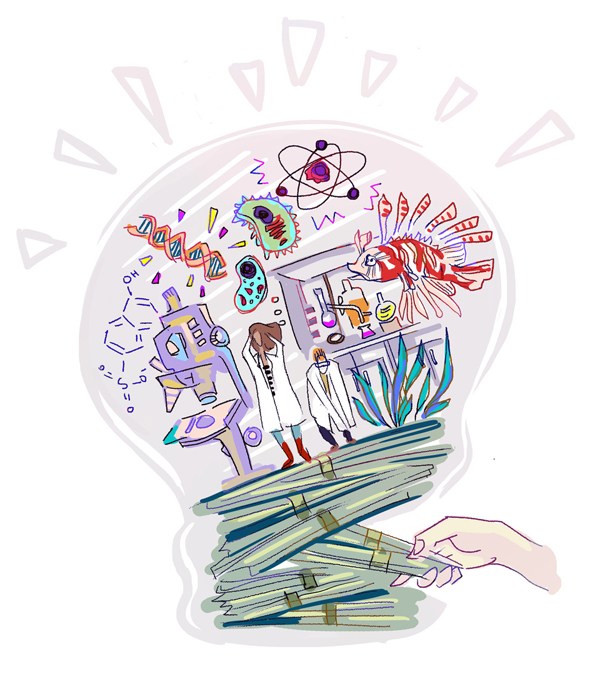Sometimes, being human involves tragedy: unexpected accidents can alter a person’s future, permanently changing how they need to approach their daily lives. Those with traumatic brain injuries suffer long-term mental and physical challenges, such as trouble with their working memory span, which can play a significant role in their education and longevity. However, if used properly, transhuman aids such as prosthetic limbs can provide solutions to human challenges.
Transhumanism, in a nutshell, is the idea that people can use technology to overcome biological limitations. Just as how we use rational means to improve our life experiences and the world around us, we can use such means to improve ourselves as organisms. It is simply a concept, not a tangible characterization of some futuristic cyborg.
There is reasonable fear that using such technologies would be tampering with nature. This is true. However, whether something is good or bad cannot be decided simply by asking whether or not it is natural. Plenty of natural things are horrible, such as diseases and parasites, where our moral interest is to intervene and improve these conditions. The question to ask is not whether the technology is natural, but rather, what are the various possible consequences that would arise from it, both desirable and undesirable, and the likelihood of each. People who are concerned that our species will stray too far away from what it means to be a ‘natural human’ forget how far we have already evolved as a species.
Our technology today has already changed the ways our mind works. Many people in modern society cannot live without devices such as computers or phones. We pick up our devices an average of 80 times per day, and that has already changed our brains for the worse—our attention span is only 40 seconds on a screen. It is important to carefully understand what we can control, so that we can approach creating technology with wisdom. It’s optimal to focus with specific areas first: For example, hearing aids started with a goal to help people with hearing loss. With that technology, some adjustments and developments can lead to super-human hearing. Therefore, we should only apply our super-technology in specific areas where we actually want those abilities.
One area of interest is in improving the educational experiences of students with disabilities. Neuroprosthetics, implants that directly interface with your brain, are already transforming the lives of many deaf, blind, and paralyzed people today. Such technology has the potential to redefine how we learn and take in information, and ultimately expand the horizons for students with difficulties. While we should not be trying to “cure” anyone of their conditions, it is a wonderful opportunity to give everyone the tools they need or desire, while still allowing them to stay true to themselves.
“It is important to carefully understand what we can control, so that we can approach creating technology with wisdom.”
It is unethical to use prosthetics to give someone a mechanical advantage over their natural counterpart. However, if used properly, as is the case with prosthetic arms, hearing aids, and false teeth, that we commonly see today, these aids are not considered unethical: We are already transcending what it means to be a human. Our brains are hardwired to work towards what is in our species’ best interest. Thus, we should not be discouraging the pursuit of transhumanism, rather, we should instead be encouraging its discussion. As long as we are careful and considerate of our creations, we will only be improving our lives, and the lives of those around us. At the end of the day, transhumanism is a choice in the best interest of our species.










I agree that embracing Transhumanism is in the best interest of our species. There has been a lot of progress made in overcoming human diseases and other limitations, explicitly because of integrating technology into our societies and lives. Which this article does a nice job of exploring. Thank you for taking the time to put it together.